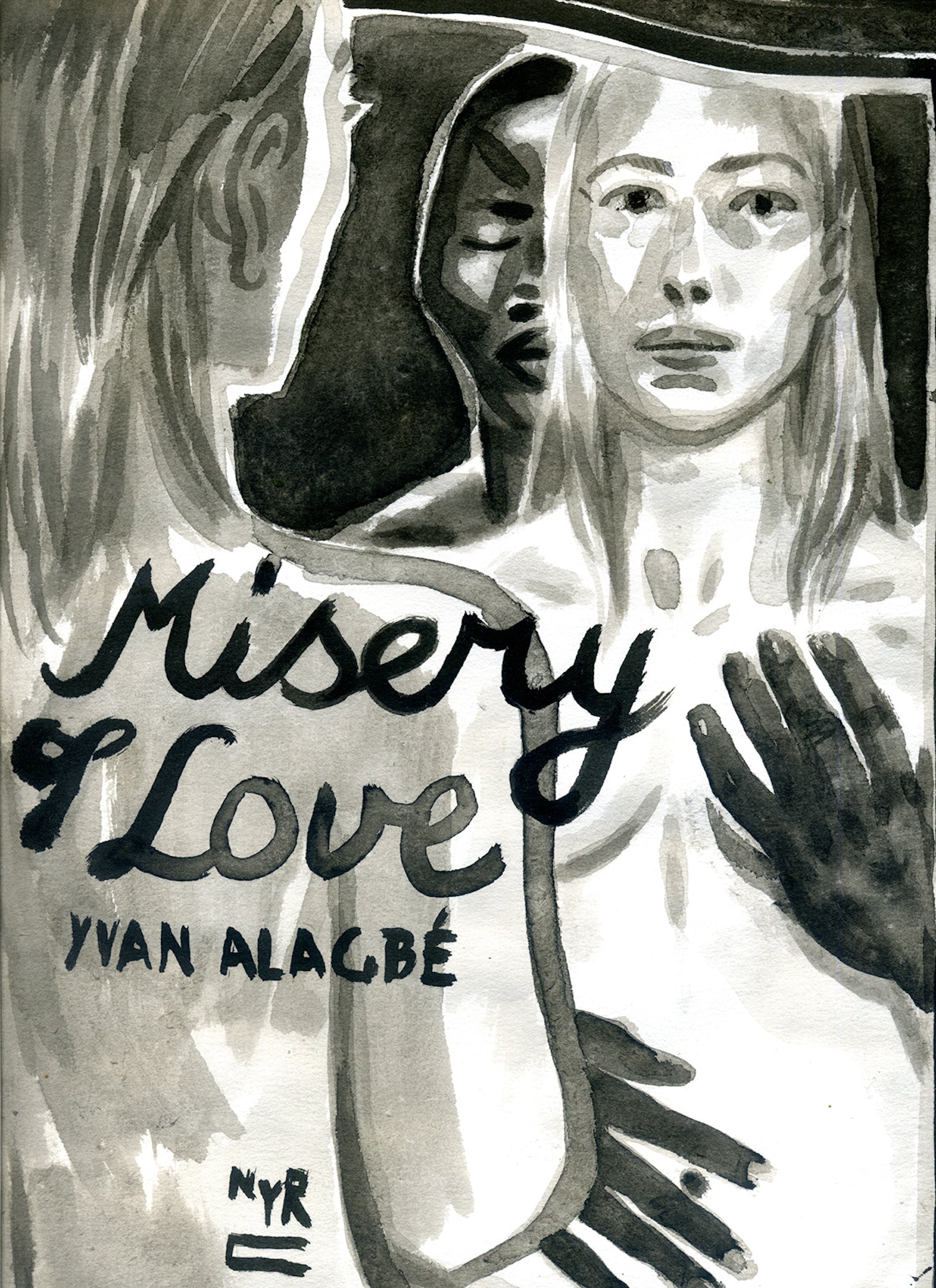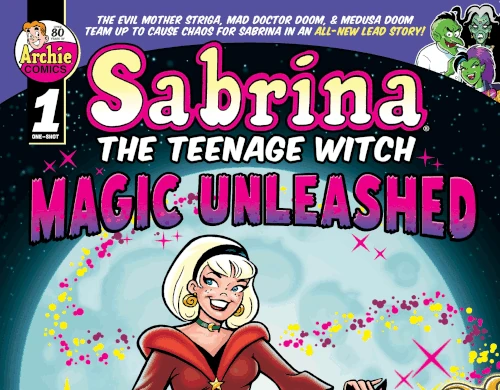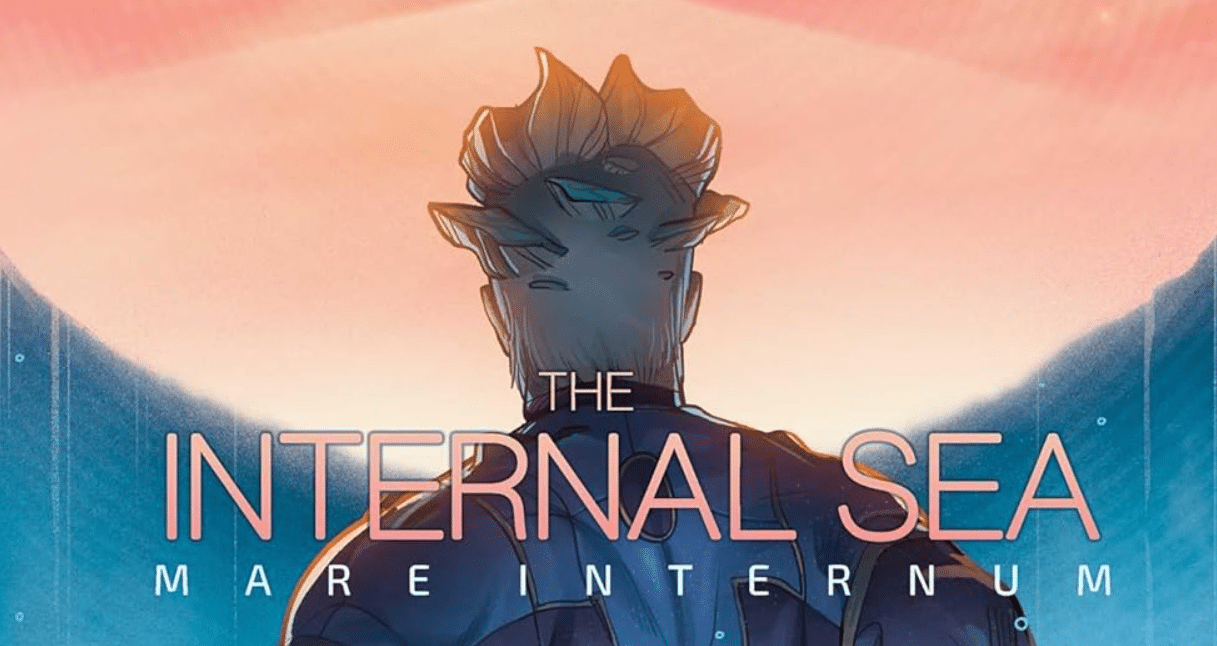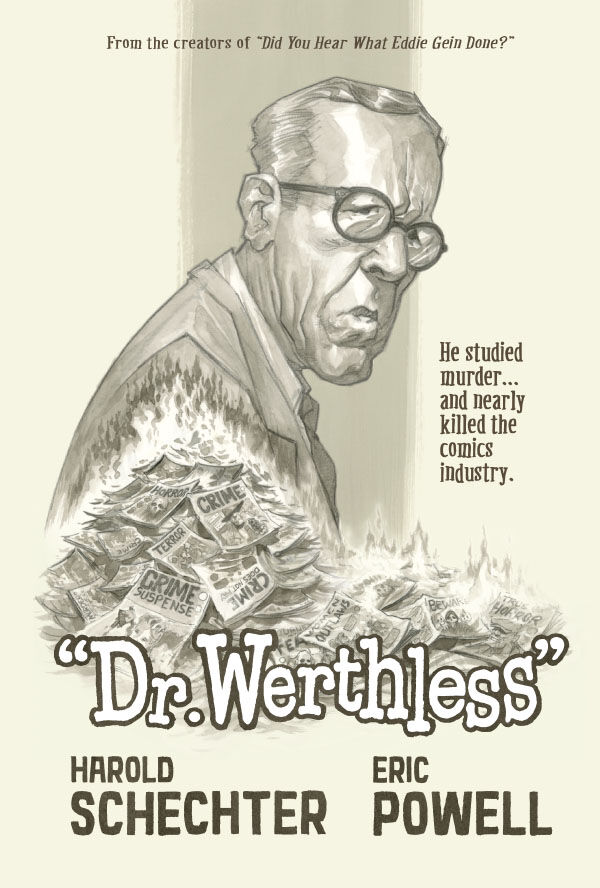
Sean Astin has stepped into a high-profile role as the new president of SAG-AFTRA only weeks after being elected. The longtime actor, known for his appearances in *The Lord of the Rings* films and *Stranger Things*, is already dealing with one of Hollywood’s most controversial issues: artificial intelligence in entertainment. Astin recently addressed industry concern over “Tilly Norwood,” an AI-generated actress that has reportedly been courted by agents attempting to represent it as if it were a human performer.
In a statement released through Variety, Astin made it clear that the union intends to defend its members. “I appreciate that this story has captured the imagination of people, but it’s not the first shoe to drop. We had a 118-day strike, fighting very hard to put AI provisions and protections in place. The teams at SAG-AFTRA have been in this fight for longer than people might realize. As technology continues to advance at light speed, we’re going to meet the challenge.”
Related AI Actress Tilly Norwood Courts Talent Agencies, But Sparks Massive Backlash
Astin also pointed to the importance of maintaining a clear and respectful working relationship with agents. “Our agreement with the ATA [Association of Talent Agents] is important, and we look forward to a healthy, constructive conversation with agencies to make sure that we continue to help each other. We performers rely on our agent’s judgment and their good work and their sincerity, and they rely on our talent and our marketability. The real issue at play is how our work is exhibited and what kinds of permissions and compensations we get for its use.”
Artificial intelligence has become one of the most heated topics in Hollywood. Many actors, writers, and crew members see it as a direct threat to their livelihoods. Studios, on the other hand, are under pressure to reduce costs and are willing to experiment with AI, despite widespread criticism from workers and audiences alike. Reactions against such technology have been mostly hostile throughout the industry, and each new story surrounding it fuels the divide even further.
 AI-generated puppet “Tilly Norwood”
AI-generated puppet “Tilly Norwood”Astin’s statements signal an effort to push back against AI’s growing foothold. While machine-generated content might deliver speed, it still lacks the emotional depth and craft that professional creators bring to their work. For now, AI films and videos often appear unnatural, which reinforces the argument that human talent remains essential. Whether that imbalance continues will likely depend on how both unions and studios approach the issue in the coming years.
Astin ended his remarks by stressing what he believes remains an undeniable advantage for union members. “With regard to AI, we have an extraordinary amount of leverage, because the audience wants to see real human performers in movies, TV shows, animation, video games, audiobooks and in all the other ways that we represent our members.”
Is Astin up to the challenge?
***



















 English (US) ·
English (US) ·